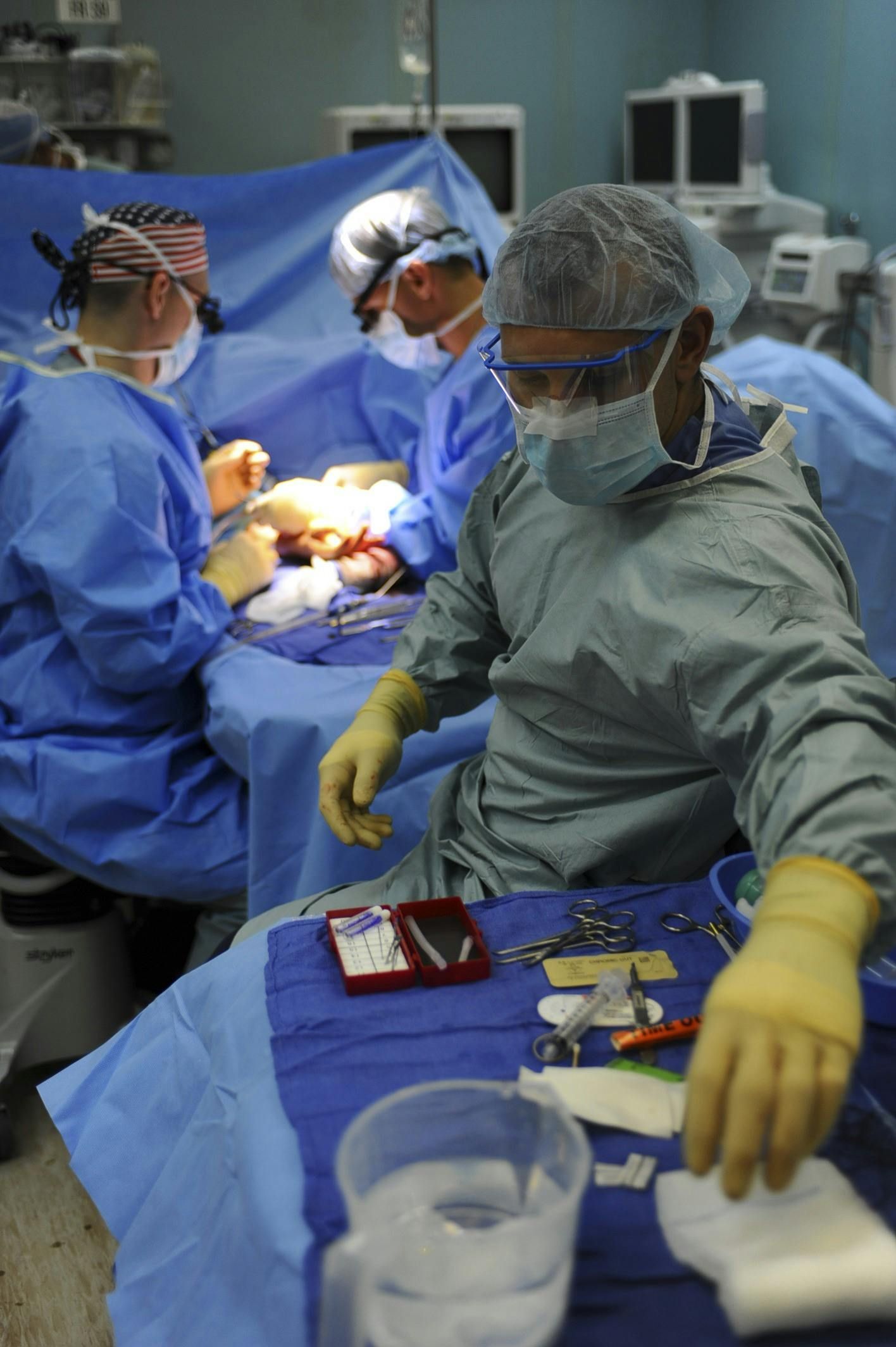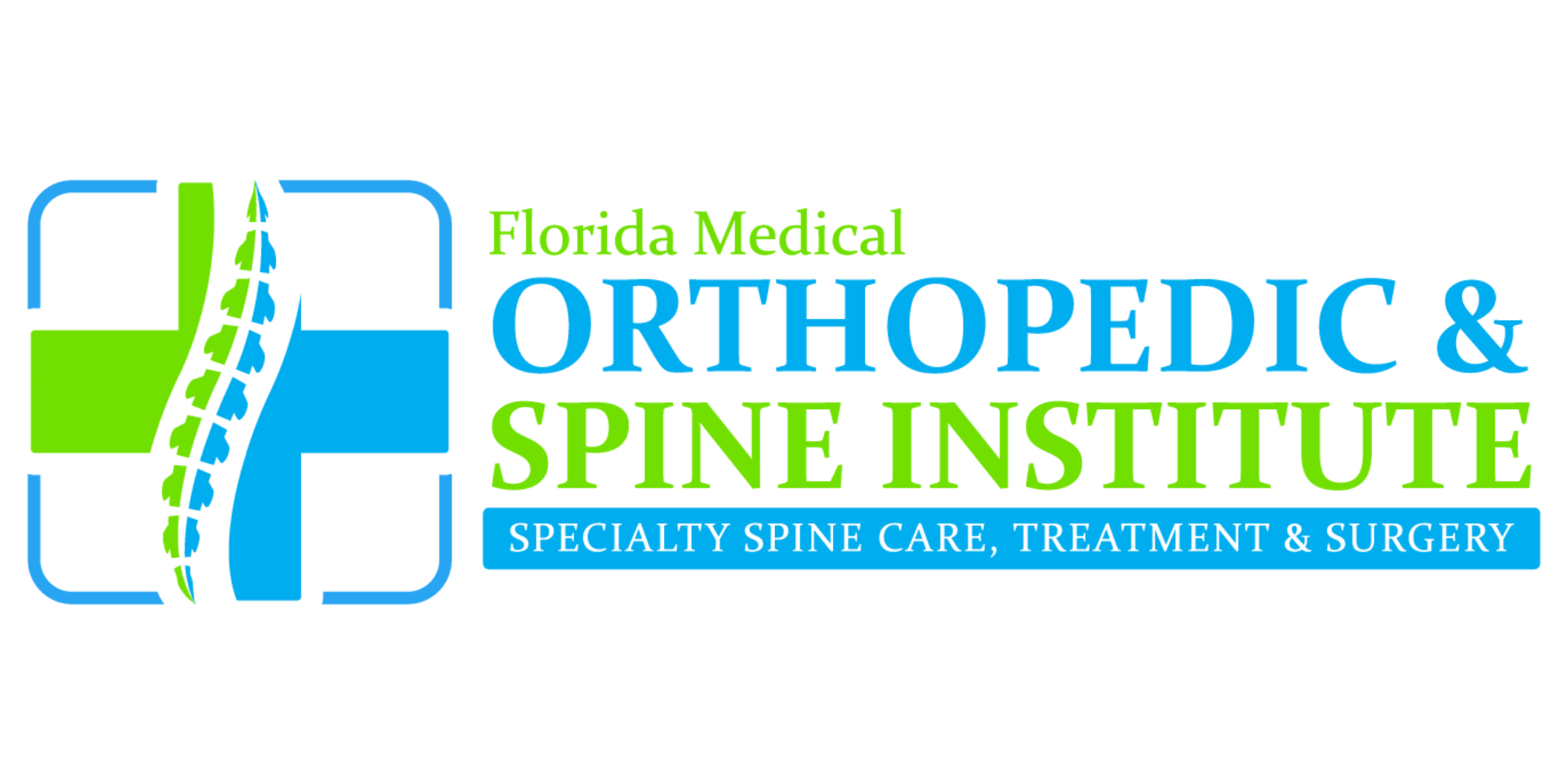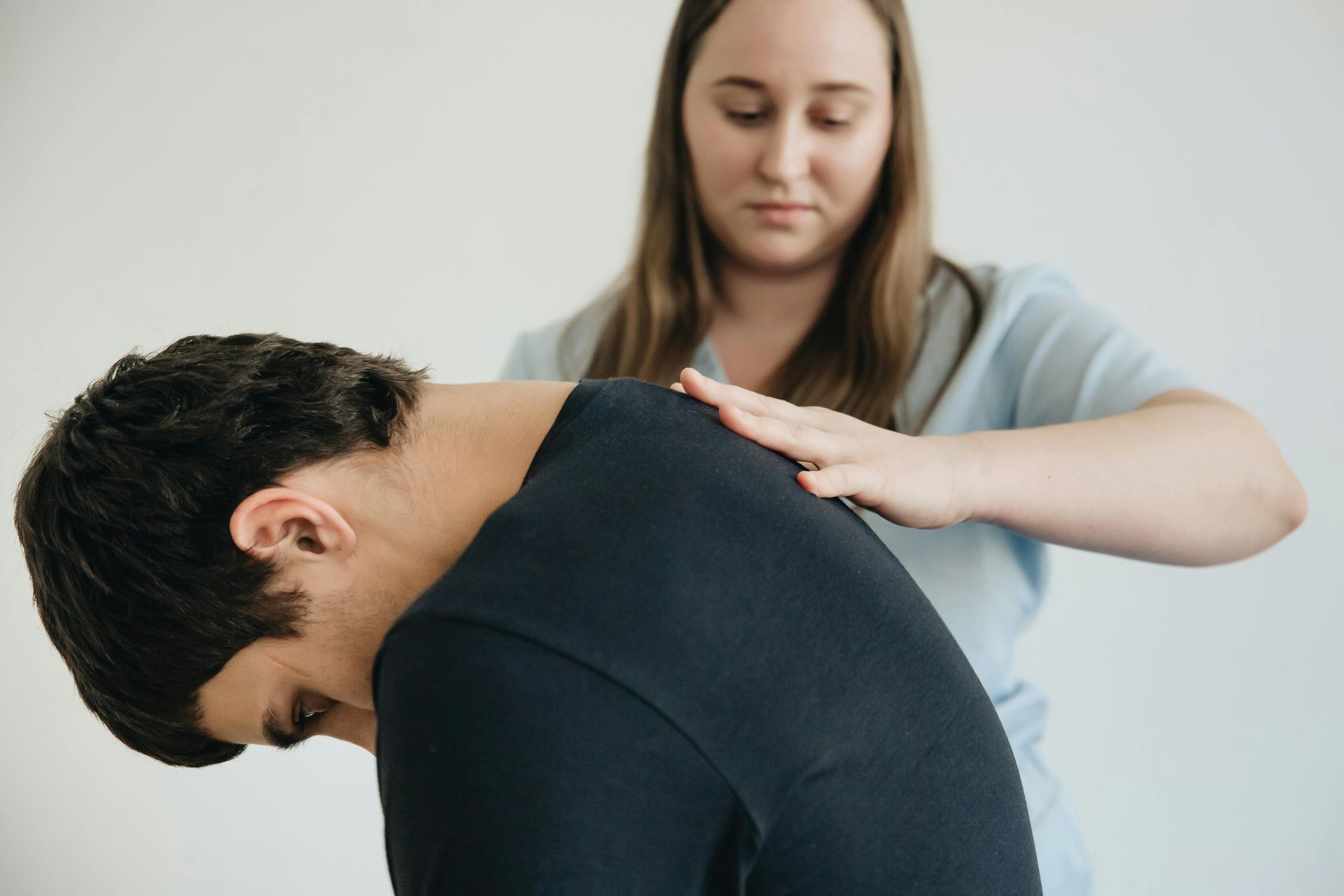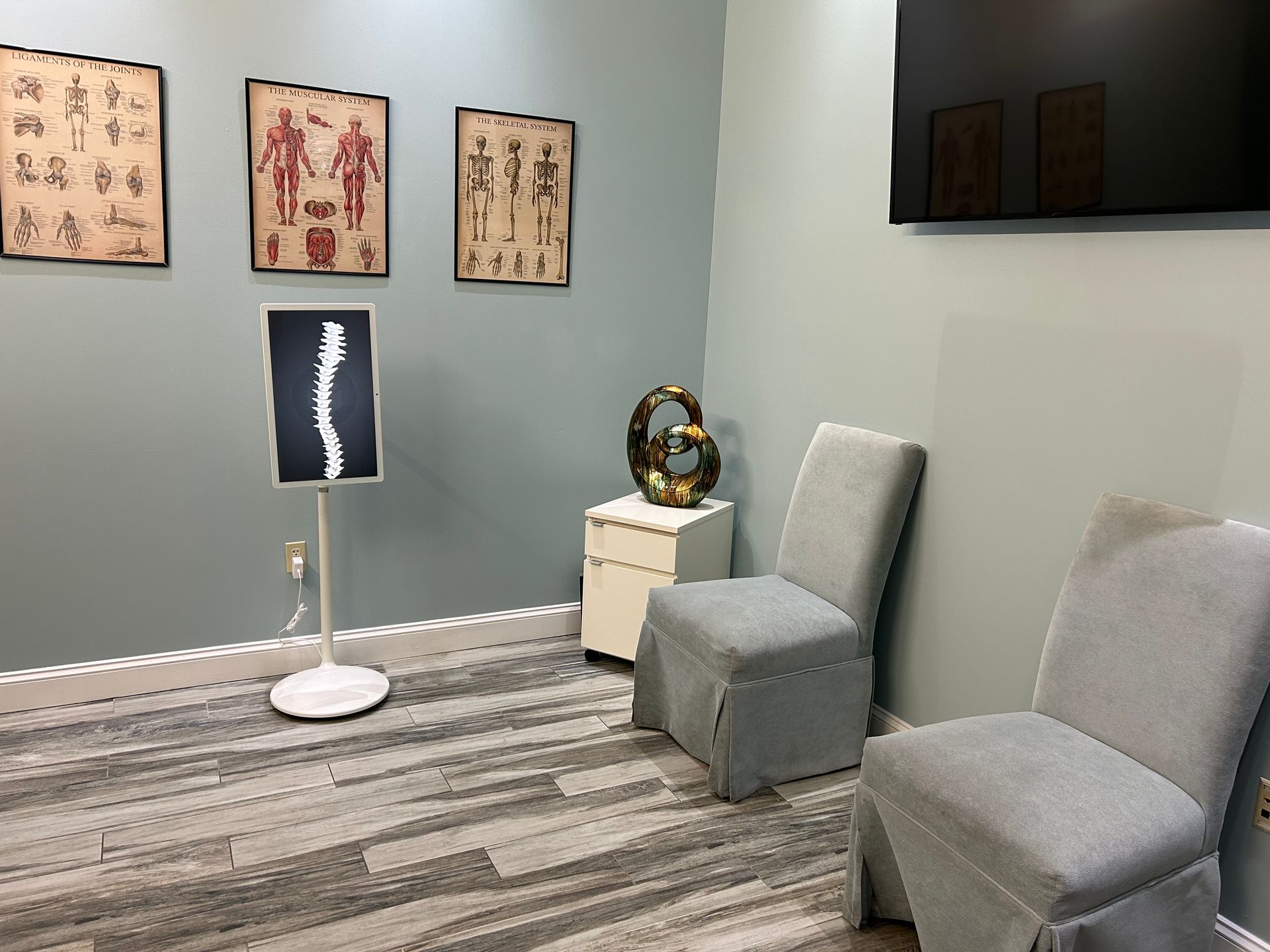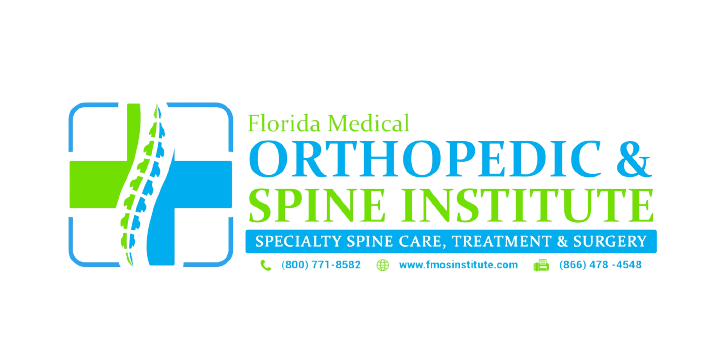Top 5 Tips for Maintaining Healthy Joints as You Age
As you age, maintaining healthy joints is essential for preserving mobility and enhancing your quality of life. At Florida Medical Orthopedic & Spine Institute, we recommend these top five tips: First, engage in regular, low-impact exercises like swimming or cycling to strengthen muscles around the joints. Second, maintain a balanced diet rich in Omega-3 fatty acids and antioxidants to reduce inflammation. Third, stay hydrated to keep cartilage lubricated. Fourth, prioritize maintaining a healthy weight to lessen stress on your joints. Finally, consider regular check-ups with our expert team to monitor joint health and address any concerns early on. Empower your joints for a healthier future!
Contact Us Today
Have a question? Looking for treatment? We’re here to help. Send us a message and we’ll be in touch.
As we gracefully navigate the years, our bodies undergo natural changes. While aging is inevitable, the good news is that maintaining healthy, mobile joints doesn't have to be a struggle. Here at Florida Medical Orthopedic and Spine in Heathrow, Florida, we believe in empowering our community with the knowledge and tools to live an active, pain-free life.
Your joints are the unsung heroes of movement, allowing you to walk, bend, lift, and enjoy all the activities you love. Protecting them as you age is crucial for your overall quality of life. So, what can you do? Let's dive into our top five tips for maintaining healthy joints.
1. Embrace Regular, Low-Impact Exercise
It might seem counterintuitive, but movement is medicine for your joints. Regular exercise helps to strengthen the muscles surrounding your joints, providing crucial support and stability. It also encourages the production of synovial fluid, which lubricates your joints and nourishes cartilage.
Focus on low-impact activities that put less stress on your joints, such as:
- Swimming or Water Aerobics: The buoyancy of water reduces the load on your joints.
- Cycling: A great cardiovascular workout that's gentle on knees and hips.
- Walking: An accessible and effective way to stay active.
- Yoga or Tai Chi: Improve flexibility, balance, and strength without high impact.
Aim for at least 30 minutes of moderate-intensity exercise most days of the week.
2. Maintain a Healthy Weight
Excess body weight places significant stress on your weight-bearing joints, particularly your knees, hips, and spine. Even a small reduction in weight can lead to a substantial decrease in joint strain. For every pound of weight you lose, you relieve approximately four pounds of pressure on your knees!
Maintaining a healthy weight through a balanced diet and regular exercise is one of the most impactful steps you can take to protect your joints for the long haul.
3. Fuel Your Joints with a Nutrient-Rich Diet
What you eat plays a vital role in joint health. Focus on a diet rich in:
- Omega-3 Fatty Acids: Found in fatty fish (salmon, mackerel), flaxseeds, and walnuts, these have anti-inflammatory properties.
- Antioxidants: Abundant in colorful fruits and vegetables, antioxidants help combat free radical damage that can affect joint tissues.
- Vitamin D and Calcium: Essential for strong bones, which support your joints. Dairy products, fortified foods, and sunlight exposure are good sources.
- Collagen-rich foods: Bone broth, lean meats, and certain fruits and vegetables support cartilage health.
Reducing processed foods, sugary drinks, and excessive red meat can also help minimize inflammation throughout your body.
4. Practice Good Posture and Body Mechanics
Poor posture and improper body mechanics can put undue stress on your spine and other joints, leading to pain and accelerated wear and tear.
- Be mindful of your posture when sitting, standing, and even sleeping. Ensure your back is straight, shoulders relaxed, and ears aligned with your shoulders.
- When lifting heavy objects, always bend at your knees, not your back, and use your leg muscles.
- Take regular breaks if you have a sedentary job. Stand up, stretch, and move around to prevent stiffness.
- Use ergonomic aids in your workspace to support good posture.
5. Listen to Your Body and Seek Professional Help When Needed
While some aches and pains are a normal part of aging, persistent joint pain, stiffness, or swelling should not be ignored. Your body often sends signals that something is amiss.
If you experience:
- Pain that doesn't improve with rest
- Swelling or redness around a joint
- Difficulty moving a joint through its full range of motion
- Clicking, popping, or grinding noises with pain
Don't hesitate to consult with an orthopedic specialist. Early diagnosis and intervention can prevent further damage and help you manage symptoms effectively. At Florida Medical Orthopedic and Spine, our team of experts in Heathrow is here to provide personalized care, from conservative treatments to advanced surgical options, to help you regain comfort and mobility.
Maintaining healthy joints as you age is an ongoing journey that combines smart lifestyle choices with proactive medical care. By incorporating these five tips into your daily routine, you can significantly improve your joint health and continue to enjoy an active, fulfilling life for years to come.
Ready to take the next step in your joint health journey? Contact Florida Medical Orthopedic and Spine today to schedule a consultation with one of our experienced specialists.
Don't Wait, Prioritize Your Health:
The moments following an accident can be chaotic, but prioritizing your health by seeking immediate medical attention is one of the most important decisions you can make. Even if you feel seemingly unharmed, hidden injuries can be lurking beneath the surface.
If you've been involved in an accident, don't delay. Visit your nearest emergency room, urgent care, or schedule an appointment with a personal injury doctor as soon as possible. At FMOS, we are dedicated to providing comprehensive and timely care to accident victims, ensuring you receive the diagnosis, treatment, and support you need to recover fully.
Your health matters. Don't let precious hours pass without getting the medical attention you deserve.
Contact Us Today
Have a question? Looking for treatment? We’re here to help. Send us a message and we’ll be in touch.

